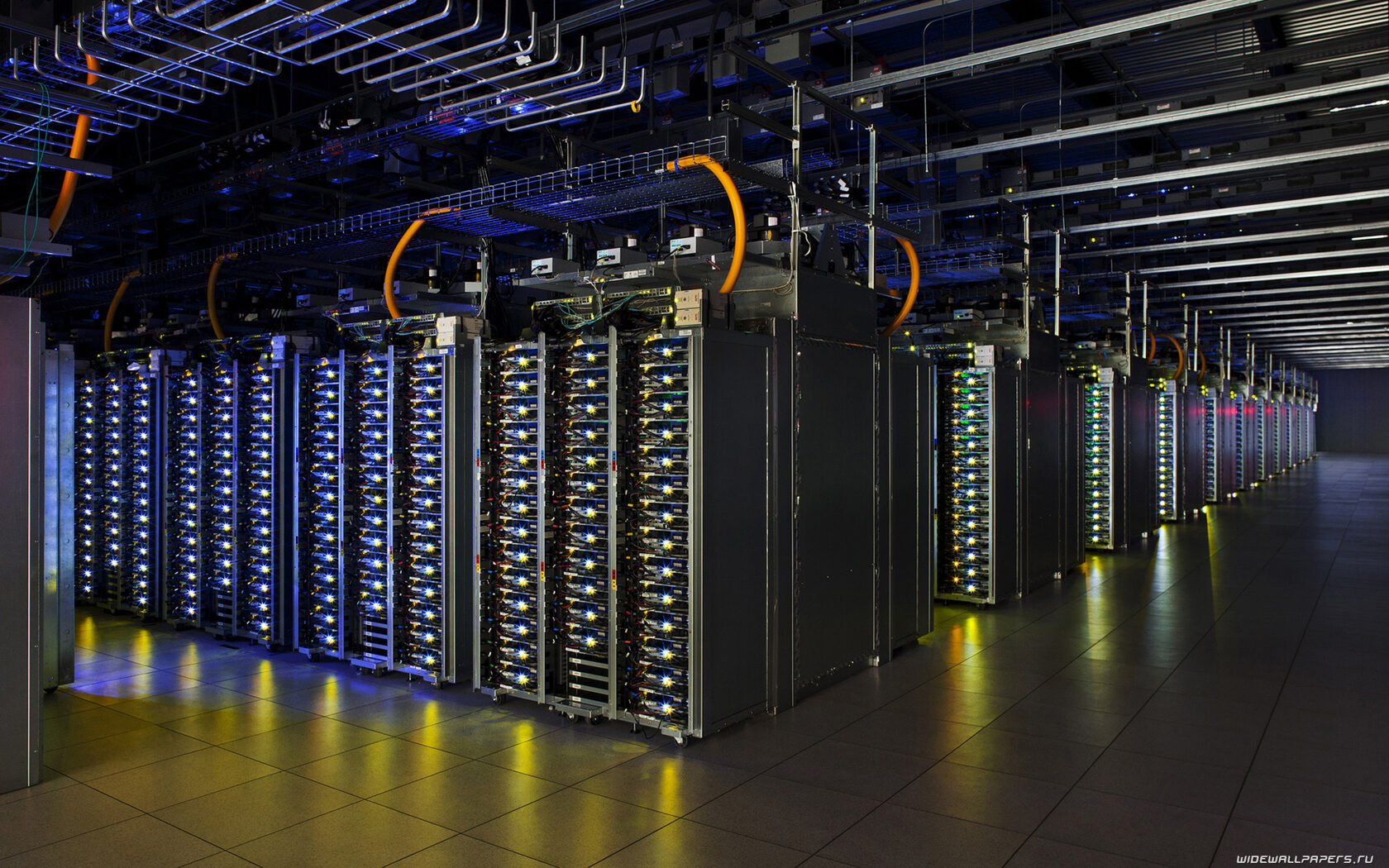6 Well-Defined Reasons For Small Businesses To Invest In Edge Computing

Do you know more than two-thirds of startups fail to establish a market position in the first year of their work? One of the major reasons for this failure is not investing in the latest technology.
As a small business or a startup, you need to put your bet on the reliable technologies that lay a strong foundation for your business success.
Talking about the latest technologies, edge computing is gaining immense popularity as it processes data in real time by bringing it close to its source. It helps to improve your system performance, reduce latency, and increase bandwidth frequencies.
For small-scale enterprises, it is important to invest in edge computing technology to reap its benefits in the long run. Here are 6 major reasons to prove this statement.
1. High-Speed Data Transmission Over Networks
It uses a wide range of devices and networks to bring data near the end source at extremely fast speeds. Edge Computing helps small businesses process and deliver data through a unified platform that contains all the points of server requirements to transmit the data. It is typically important for applications that require real-time responses without impacting the server’s performance.
- For example, startups dealing with e-commerce can develop interactive chatbots that communicate your your user in real time while reducing latency to the minimum. This also saves energy for the proper allocation of resources across other areas.
- Microsoft Azure, in its early days, utilized edge computing that helped them scale their operations at higher speeds and that too at low costs.
- As a startup, you need a reliable and fast-performing network that takes care of all the computing operations within the same network.
2. Easy Execution With Existing Systems
For small-scale businesses, introducing new technology in their work often poses several challenges when it comes to implementing the process. However, this is not the case with this technology as it works seamlessly with your existing IT infrastructure without compromising its performance.
- At the time of data processing, it automatically merges with the existing cloud systems, helping to provide quick real-time insights about the location from where the data is generated
- Additionally, with remote management functionality, you can implement the edge computing server from any location
- An ideal option for startups to directly generate data over the internet with much higher volumes and bandwidth frequencies.
3. The Application Latency Reduction
For edge devices, maintaining latency is the top priority when installing and running various applications with the same network. As we know, startups can fail anytime, especially when your systems are dealing with extreme latency rates. Bringing data near the execution source helps reduce latency issues and provides more power to your system applications.
- Unlike traditional cloud structures that use data to travel over long distances, it cuts down the time by integrating data to its source while maintaining accurate bandwidth.
- For example, retail businesses follow a real-time inventory management process that helps them create more personalized services based on consumer preferences
- By utilizing edge computing in your operations, you are giving your business an extra edge over your competitors.
4. Providing Advanced Security Measures
These edge devices promise ultimate security to your business operations by using a distributed security mechanism. It features security models such as Secure Access Service Edge and Zero Trust structures. This software works at the edge of your servers and helps your data from gaining illegal access through continuous data monitoring.
- Secure Access uses various technologies such as advanced WAN capabilities to deploy applications across several servers. Whereas, the zero trust model authenticates your identity before providing access to any application or software.
- For small businesses, security is a vital concern as many startups fail to adopt the latest majors and end up falling apart in the very first year of their establishment.
- Additionally, it offers a range of security systems to protect your data using zero-trust even when you not compiling with the changing market dynamics.
5. Supporting The Integration of 5G And IoT
Well! Edge computing has much to offer not only for startups but for all businesses globally. With the introduction of 5G and the latest IoT devices, edge devices can generate better throughput that ultimately helps in processing large amounts of data with utmost ease. It helps in reducing latency and developing new sensors supporting IoT devices.
- With 5G networks, you can create several virtual environments on the edge of a network that will automatically stabilize the bandwidth and latency. Although it can be a bit costly you need to be a bit flexible to gain high returns on investment later.
- For example, platforms like AWS Wavelength use 5G networks to deploy their applications across all their working systems.
6. The Collaborative Power of AI and Machine Learning
Last but not least, with the integration of futuristic technologies such as AI and ML, the capabilities of the edge server will further increase. Unlike, relying on traditional clouds for data processing, you can process data in real-time that too on the edge of the server using various algorithms.
- Using Machine learning you can deploy and process applications locally without the need of putting them on external servers to check their latency and bandwidth.
- For example: Tensor Flow lite uses an integration of edge with AI and ML that helps you gain more control of the servers without affecting their latency.
- If you are running a business such as manufacturing, it can help you develop smart factories by gaining sensor information in real time.
Final Thoughts
Being a startup you need to invest in a technology that can go beyond the basics. Edge Computing is such technology that allows businesses to take care of your data their data by transferring it over various edge servers in real-time. From high-speed transmission to the integration of Artificial Intelligence, it provides a range of benefits for your startup to establish a strong position in the market.
Read more: How Can Edge Computing Benefit Manufacturing Industries?









